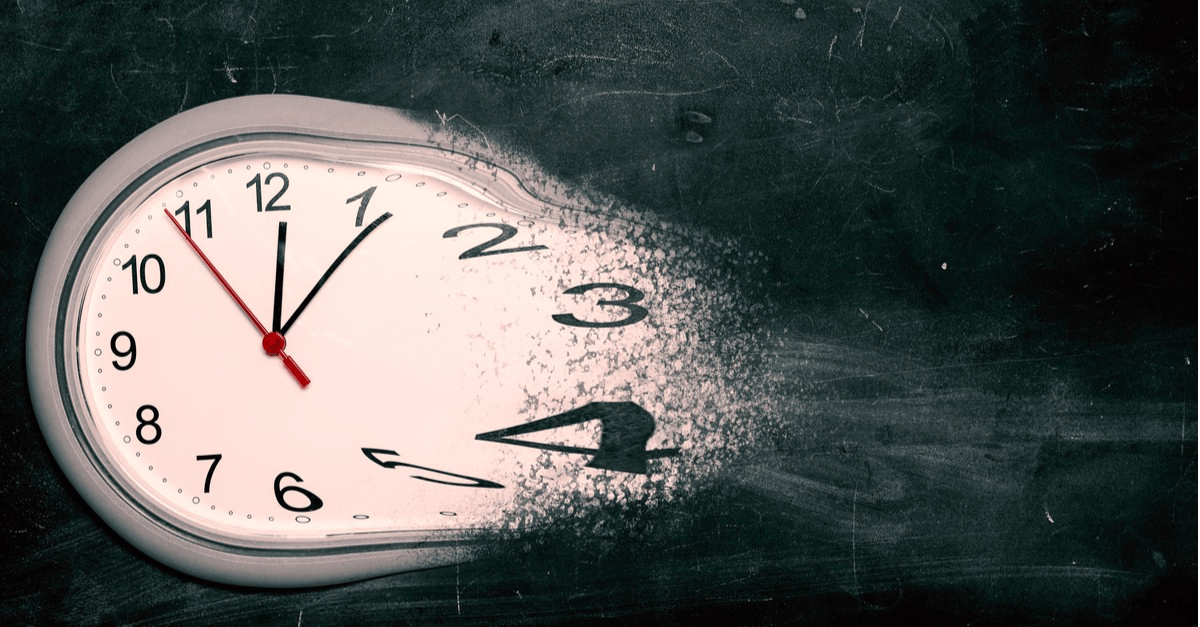Introduction
Time is one of the most valuable resources we have. Unlike money or possessions, once it is gone, it can never be regained. Yet, many people find themselves losing hours, days, or even years to what is often called wasted time. Understanding what wasted time is, why it happens, and how to prevent it can improve productivity, personal growth, and overall happiness.
What Is Wasted Time?
Wasted time refers to moments that pass without meaningful activity or progress toward our goals. It can take many forms: excessive social media scrolling, procrastination, unnecessary meetings, or tasks that don’t contribute to personal or professional development. While some downtime is necessary for rest, wasted time is unproductive and often leaves us feeling regretful.
Causes of Wasted Time
Several factors contribute to wasted time. One of the biggest is distraction. In the digital age, constant notifications, emails, and entertainment make it easy to lose focus. Another factor is poor planning. Without a clear schedule or priorities, tasks can drag on or be forgotten entirely. Lastly, procrastination the habit of delaying important tasks—consumes significant time and mental energy.
The Consequences of Wasting Time
Wasting time can have serious consequences on both personal and professional life. Productivity suffers, goals remain unachieved, and stress levels increase due to looming deadlines. In the long term, chronic wasted time can lead to feelings of dissatisfaction, lowered self-esteem, and missed opportunities in education, career, or relationships.
How to Identify Wasted Time
The first step to managing wasted time is recognizing it. Keep a time log for a week, tracking how you spend your hours. Compare this with your goals and priorities. Activities that do not contribute to your well-being or progress can be labeled as wasted time. Self-reflection is key: asking yourself if a task is meaningful or just a time filler can provide clarity.
Strategies to Reduce Wasted Time
- Prioritize Tasks: Focus on what truly matters. Use methods like the Eisenhower Matrix to separate urgent tasks from nonessential ones.
- Set Goals: Clear, achievable goals give your time purpose. Without them, it’s easy to drift into unproductive routines.
- Limit Distractions: Turn off unnecessary notifications, set specific times for social media, and create a dedicated workspace.
- Practice Time Blocking: Allocate set periods for specific tasks to increase focus and efficiency.
- Take Purposeful Breaks: Rest is important, but breaks should be intentional, not hours of mindless scrolling.
Turning Wasted Time Into Productive Time
It’s never too late to reclaim wasted time. Start small by identifying one or two time-consuming habits and replacing them with meaningful activities, such as learning a skill, exercising, or spending quality time with loved ones. Even minor improvements can lead to significant results over time.
Conclusion
Wasted time is more than a minor inconvenience it is a lost opportunity to grow, create, and achieve goals. By understanding its causes, recognizing its signs, and implementing practical strategies, we can regain control over our most precious resource: time. Every moment counts, and how we choose to spend it shapes our future.






